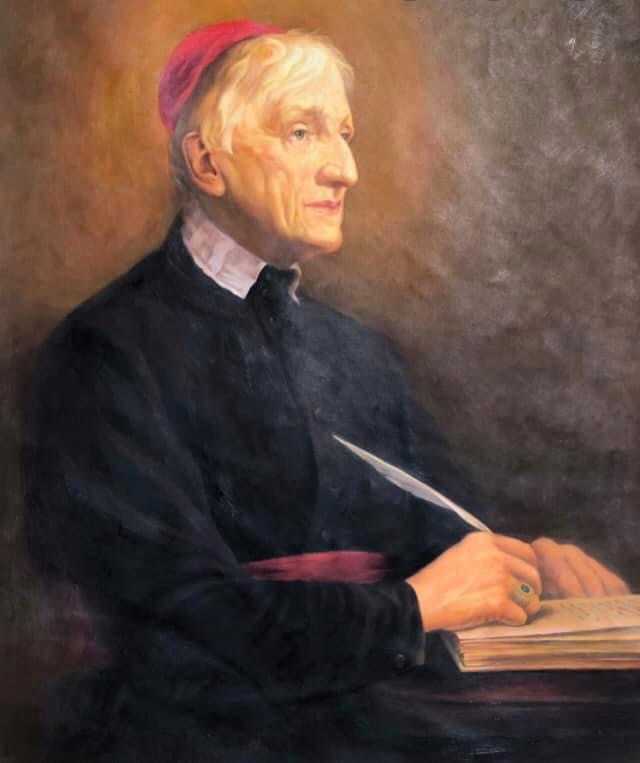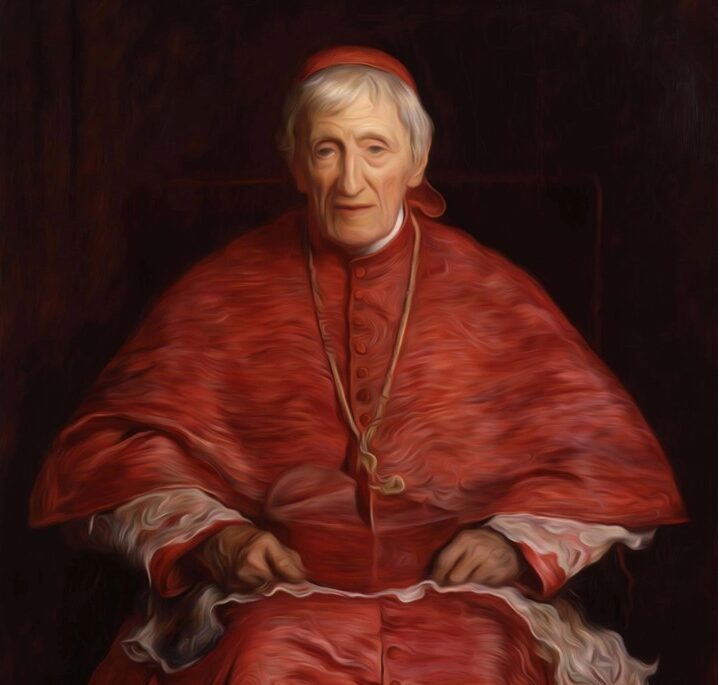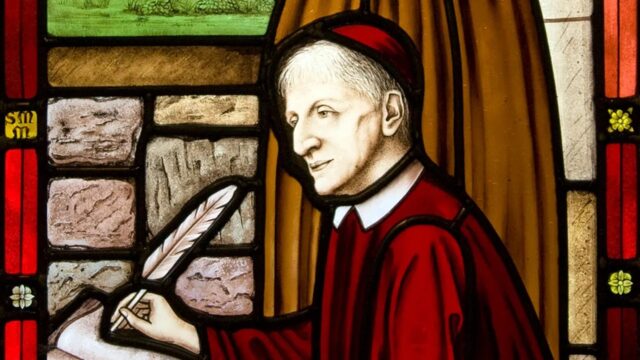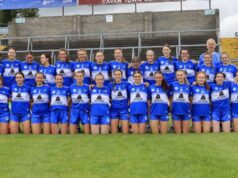Pope Leo XIV has declared Saint John Henry Newman a ‘Doctor’ of the church, bestowing one of the Catholic Church’s highest honours on the deeply influential 19th century Anglican convert, who remains a unifying figure among conservatives and progressives.
The designation is one of the most significant decisions of Leo’s young papacy and carries deep personal meaning.
Newman was strongly influenced by St Augustine of Hippo, the inspiration of the Pope’s Augustinian order and Leo’s namesake, Pope Leo XIII, made Newman a Catholic cardinal in 1879 after his conversion.
Newman, a theologian and poet, is admired by Catholics and Anglicans alike because he followed his conscience at great personal cost.
When he defected from the Church of England to the Catholic Church in 1845, he lost friends, work and even family ties, believing the truth he was searching for could only be found in the Catholic faith.
The title of Doctor is reserved for people whose writings have greatly served the universal Catholic Church.
Only three-dozen people have been given the title over the course of the church’s 2,000-year history, including the 5th century St Augustine, St Francis de Sales and St Teresa of Avila.
“This recognition that the writings of St John Henry Newman are a true expression of the faith of the church is of huge encouragement to all who appreciate not only his great learning but also his heroic sanctity in following the call of God in his journey of faith, which he described as ’heart speaking unto heart,’” said Cardinal Vincent Nichols, the archbishop of Westminster who helped spearhead the campaign.
Originally an Anglican priest, he converted to Catholicism in 1845 and his writings are considered among some of the most important Church-writings in recent centuries.
Ordained a Catholic priest in 1847, he was made a cardinal by Pope Leo XIII in 1879, although he was not a bishop.
Newman’s conversion to the Catholic faith was controversial in England, and resulted in him losing many friends, including his own sister who never spoke to him again.
The British cardinal founded the Oratory of St Philip Neri in England, and was particularly dedicated to education, founding two schools for boys.
He died in Birmingham in 1890 at the age of 89.
At Newman’s beatification Mass in Birmingham, England in Sept. 2010, Pope Benedict XVI said that Newman’s “insights into the relationship between faith and reason, into the vital place of revealed religion in civilized society, and into the need for a broadly-based and wide-ranging approach to education were not only of profound importance for Victorian England, but continue today to inspire and enlighten many all over the world.”
The late pontiff continued: “What better goal could teachers of religion set themselves than Blessed John Henry’s famous appeal for an intelligent, well-instructed laity: I want a laity, not arrogant, not rash in speech, not disputatious, but men who know their religion, who enter into it, who know just where they stand, who know what they hold and what they do not, who know their creed so well that they can give an account of it, who know so much of history that they can defend it.”
The first miracle attributed to Newman’s intercession involved the complete and inexplicable healing of a deacon from a disabling spinal condition.
His second miracle concerned the healing of a pregnant American woman. The woman prayed for the intercession of Cardinal Newman at the time of a life-threatening diagnosis, and her doctors have been unable to explain how or why she was able to suddenly recover.
“God has created me to do Him some definite service. He has committed some work to me which He has not committed to another,” Blessed John Henry Newman wrote.
“I have my mission. I may never know it in this life, but I shall be told it in the next. I am a link in a chain, a bond of connection between persons.
“He has not created me for naught. I shall do good; I shall do His work. I shall be an angel of peace, a preacher of truth in my own place, while not intending it if I do but keep His
commandments.”

Lead Kindly light
In 1833, the young theologian and Anglican vicar John Henry Newman (1801-90) was traveling in the Mediterranean when he was struck down by a fever that nearly killed him.
“My servant thought I was dying and begged for my last directions,” he recalled in his autobiography. “I gave them as he wished, but I said, ‘I shall not die, for I have not sinned against light’.”
Newman recovered slowly, but felt desperately homesick. On the way back to England, he took an orange boat from Palermo to Marseilles which was becalmed in the Straits of Bonifacio.
Thus stranded, in an exhausted and emotional state, Newman was impelled to write this verse as a meditative poem called ‘The Pillar of the Cloud’, expressive of his longing for consoling Christian certainties in an age of mounting doubt.
There has been much puzzlement over the nature of the “kindly light”; and the identity of the lost “angel faces” in the last line.
When challenged on these points, Newman replied crisply, “I am not bound to remember my own meaning.” He was displeased when the poem was turned into a hymn in 1845 – by which time he had converted to Catholicism, where congregational hymn-singing formed no part of divine service.
To no avail; his words embodied the maudlin spirit of the age, to the point at which Queen Victoria asked it to be read to her as she lay dying.
It was also the last hymn to be sung on the Titanic – not, as is sometimes said, as the liner was actually sinking, but at the final service given on board by the chaplain on the afternoon before the disaster.

Personally I pray this beautiful hymn every night after night prayer:
Lead, kindly Light, amid the encircling gloom
Lead thou me on;
The night is dark, and I am far from home,
Lead thou me on.
Keep thou my feet; I do not ask to see
The distant scene; one step enough for me.
I was not for ever thus, nor prayed that thou
Shouldst lead me on;
I loved to choose and see my path; but now
Lead thou me on,
I loved the garish day, and, spite of fears,
Pride ruled my will: remember not past years.
So long thy power hath blessed me, sure it still
Will lead me on,
O’er moor and fen, o’er crag and torrent, till
The night is gone;
And with the morn those angel faces smile,
Which I have loved long since, and lost awhile.
Prayer of Saint Henry Newman
O Lord, Support us all the day long,
Until the shadows lengthen
and the evening comes,
and the busy world is hushed,
and the fever of life is over
and our work is done.
Then, Lord, in your mercy
grant us a safe lodging,
a holy rest, and peace at the last.
SEE ALSO – In Pictures: Parish priest and Reverend strut their stuff as local fashion show proves a success

























